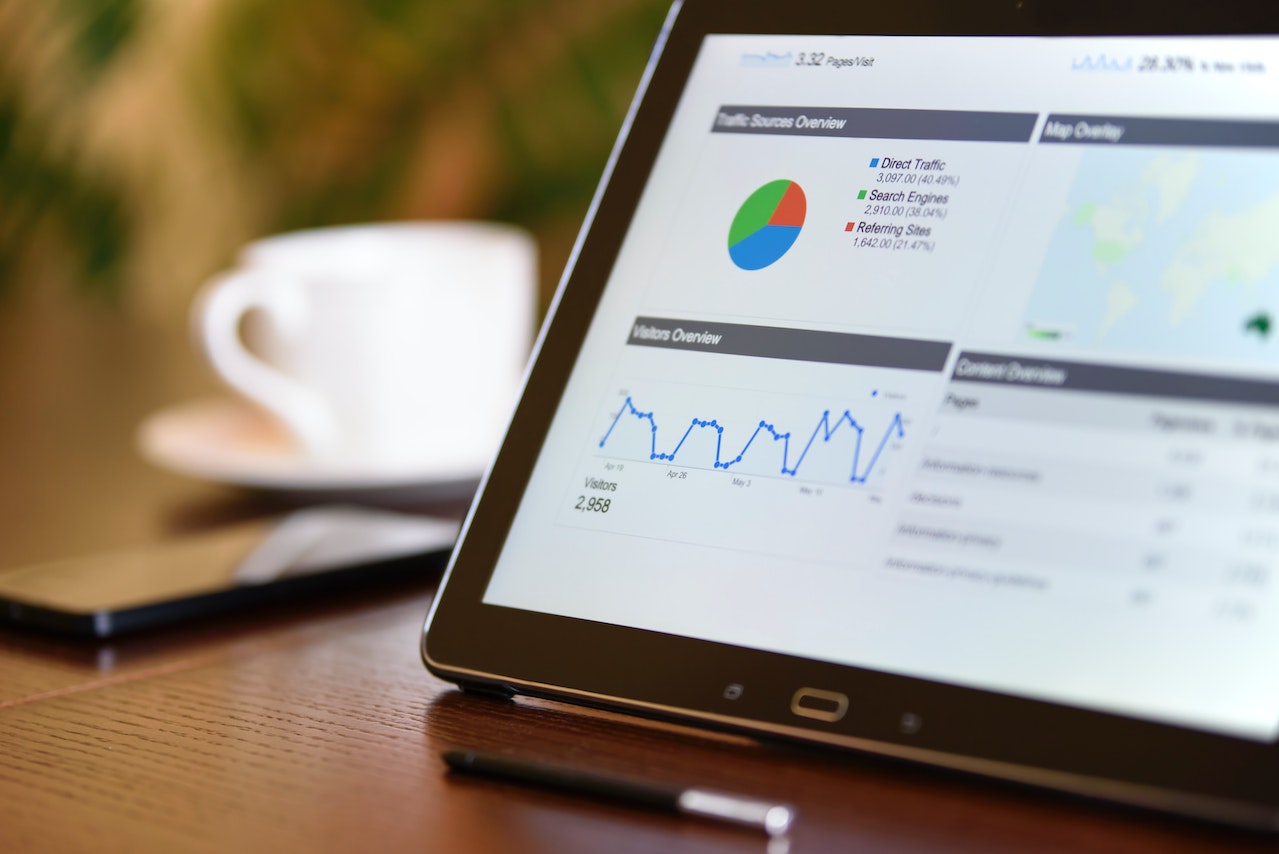Advances in artificial intelligence (AI) and automation have brought forth a new era of technological innovation, revolutionizing various industries across the globe. One sector significantly affected by these developments is healthcare, where AI is transforming the landscape of medical diagnosis, treatment, and administrative tasks. While the integration of AI holds immense promise for improving patient care and outcomes, concerns about the potential displacement of healthcare jobs also loom. In this article, we delve into the current state of AI automation in healthcare and discuss how much of the healthcare workforce is likely to be automated by AI.
The Current Landscape of AI in Healthcare
The healthcare industry is no stranger to adopting technological advancements to improve patient care and operational efficiency. Over the past few years, AI-powered technologies have made significant strides in areas such as medical imaging analysis, drug discovery, personalized treatment planning, and administrative tasks. Some notable applications of AI in healthcare include:
- Medical Imaging: AI algorithms can analyze medical images such as X-rays, MRIs, and CT scans to assist in the early detection and diagnosis of diseases, improving accuracy and efficiency.
- Diagnostics and Decision Support: AI-driven diagnostic tools help clinicians make more informed decisions by analyzing patient data, symptoms, and medical history to suggest potential diagnoses and treatment options.
- Drug Discovery: AI accelerates the drug discovery process by predicting potential drug candidates, optimizing molecular structures, and simulating drug interactions.
- Personalized Treatment: AI-based models analyze patient data to recommend personalized treatment plans based on genetic, clinical, and lifestyle factors.
- Administrative Tasks: AI-powered tools streamline administrative processes such as appointment scheduling, billing, and electronic health record (EHR) management.
Extent of Automation in Healthcare Jobs
While AI automation holds great potential to enhance healthcare processes, it’s essential to consider the nuanced impact it will have on various healthcare job roles. It’s unlikely that AI will entirely replace human healthcare professionals; instead, it will likely reshape their roles and responsibilities.
- Augmentation of Healthcare Professionals: AI technologies are more likely to augment the skills and capabilities of healthcare professionals rather than replace them. For example, radiologists can use AI-powered tools to help analyze medical images more efficiently, leading to faster and more accurate diagnoses.
- Administrative Tasks: Many routine administrative tasks, such as data entry and appointment scheduling, can be automated using AI, allowing healthcare professionals to focus on more complex and patient-centric activities.
- Specialist Collaboration: AI can facilitate collaboration among specialists by providing them with advanced diagnostic insights and treatment recommendations, leading to improved patient outcomes.
- New Job Roles: The integration of AI may give rise to new job roles, such as AI trainers, data analysts, and AI system maintainers, who work alongside healthcare professionals to ensure the effective functioning of AI technologies.
- Ethical and Human-Centric Roles: As AI systems become more prevalent in healthcare, the demand for ethical oversight, algorithm validation, and patient advocacy roles is likely to increase, ensuring that AI-driven decisions align with human values and priorities.
Conclusion
The healthcare industry stands at the cusp of a transformative era, with AI automation poised to revolutionize various aspects of patient care, diagnostics, and administrative tasks. While concerns about job displacement are valid, the overall impact of AI on healthcare jobs is likely to be one of augmentation rather than outright replacement. Healthcare professionals will continue to play a pivotal role in patient care, with AI serving as a powerful tool to enhance their capabilities and improve healthcare outcomes.
As the healthcare sector continues to evolve, stakeholders must invest in training and upskilling programs to prepare the workforce for the integration of AI technologies. By fostering a collaborative environment where AI complements the expertise of healthcare professionals, we can harness the full potential of AI automation while delivering high-quality and patient-centric care in the digital age.





